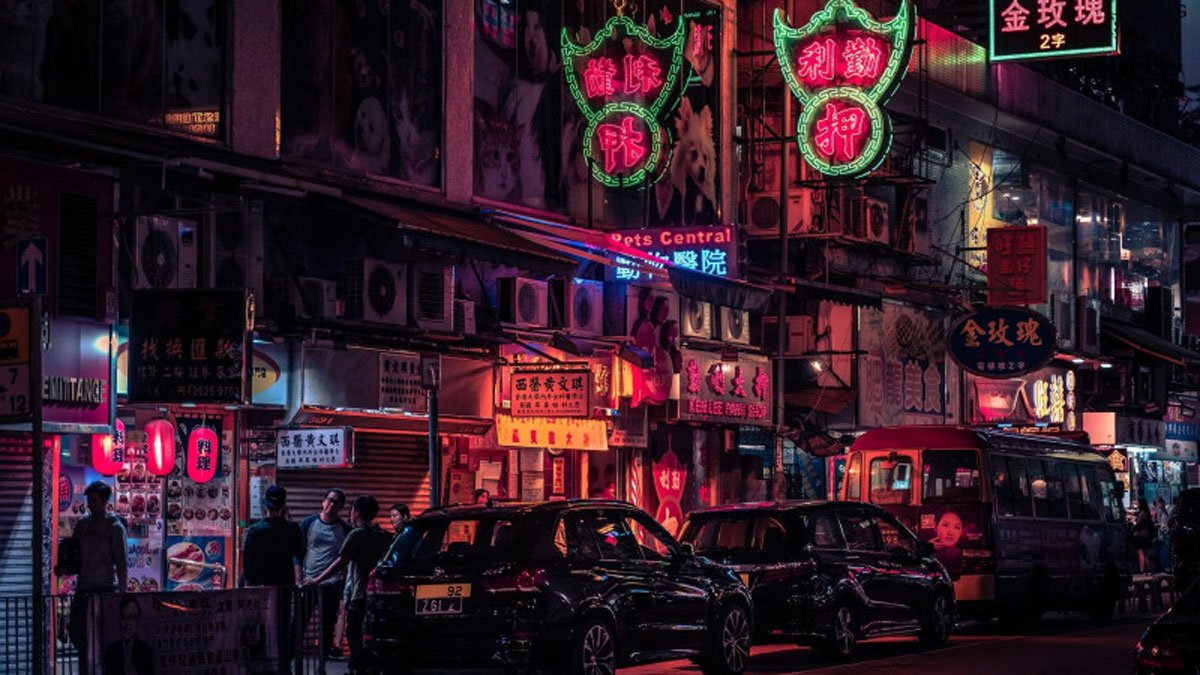Much in China does not lie on the surface, is hidden from prying eyes, and every day brings discoveries to the guests of the Celestial Empire. Tonkosti delved into the traditions of the Chinese – both ideological and quite worldly, forcing you to take a different look at even the simplest things. For example, food and health.
Food cult
Food for the Chinese is the foundation and the most important of the arts. Any significant event – from business negotiations to weddings – in China is certainly accompanied by a meal, and instead of “How are you?” here they often ask: “Have you eaten?”. The inhabitants of the country are proud of their national cuisine and can spend hours discussing the regional features of cooking a dish. When going to visit, the Chinese will not forget to grab something tasty as a gift – fruits, dried fish, or dried meat.
They even build travel routes taking into account the location of cafes and restaurants, and their ideas about other countries are formed based on gastronomic impressions.
Away from insanity – on foot and in reverse
A healthy lifestyle in China has become something of a national idea: residents are massively engaged in physical education. They start their mornings with tai chi health-improving gymnastics, and in the evenings they learn dance moves in squares and parks. All this prolongs life and helps to maintain activity, plasticity, and mobility until old age.
One popular exercise is backward walking, where older people gather in groups and walk backward along the paths.
It is believed that this seemingly wild activity relieves tension from the muscles of the back, and at the same time stimulates the brain and serves as a prevention of senile dementia.
Guangxi principle
Informal relations between people in China are built on a simple but very effective principle “You give me – I tell you”. Guangxi is a way to maintain useful contacts: on the one hand, you fulfill obligations to relatives, friends, and superiors, on the other hand, you can always count on their help.
In China, they do not separate work and personal relationships, they are always ready to meet each other halfway and very rarely bring disputes to an open conflict.
For example, if the boss asks to work overtime, the subordinate will not be indignant – he knows that sooner or later he will be rewarded. This is how the Chinese move up the corporate ladder, acquire scarce goods, and deal with bureaucracy.
Self-sufficiency
The Chinese consider their “middle state” the center of the world, and all other countries – the outskirts. Therefore, they do not try to adapt or assimilate: the center is stability, which means that someone else will have to adapt. “History teaches that all the settlers and conquerors who came to this country sooner or later turned into Chinese,” write Chinese scholars.
Over the millennia of the existence of its civilization, the Celestial Empire practically did not borrow ideas from outside, but it gave the world many useful inventions. And even in the era of globalization, the people of China retain an amazing ability to remain themselves.
Ability to adapt
Chinese self-sufficiency is paradoxically combined with boundless flexibility and the ability to easily adapt to any troubles. In the history of the country, there were many troubles and catastrophes – endless conquests, Cultural Revolution, economic blockade, epidemics. But all this did not throw China back and did not interfere with the development of the economy: today the entire world market is guided by large Chinese companies. And all because the Chinese cope with mistakes, shortcomings, and crises very quickly, rebuilding and acting according to the situation.

